FAQS
The importance of using FAA-approved parts
Helicopter owners face high costs, with temptations to buy cheaper, potentially counterfeit parts. Maintenance experts explain the importance of using OEM or FAA-approved PMA parts.
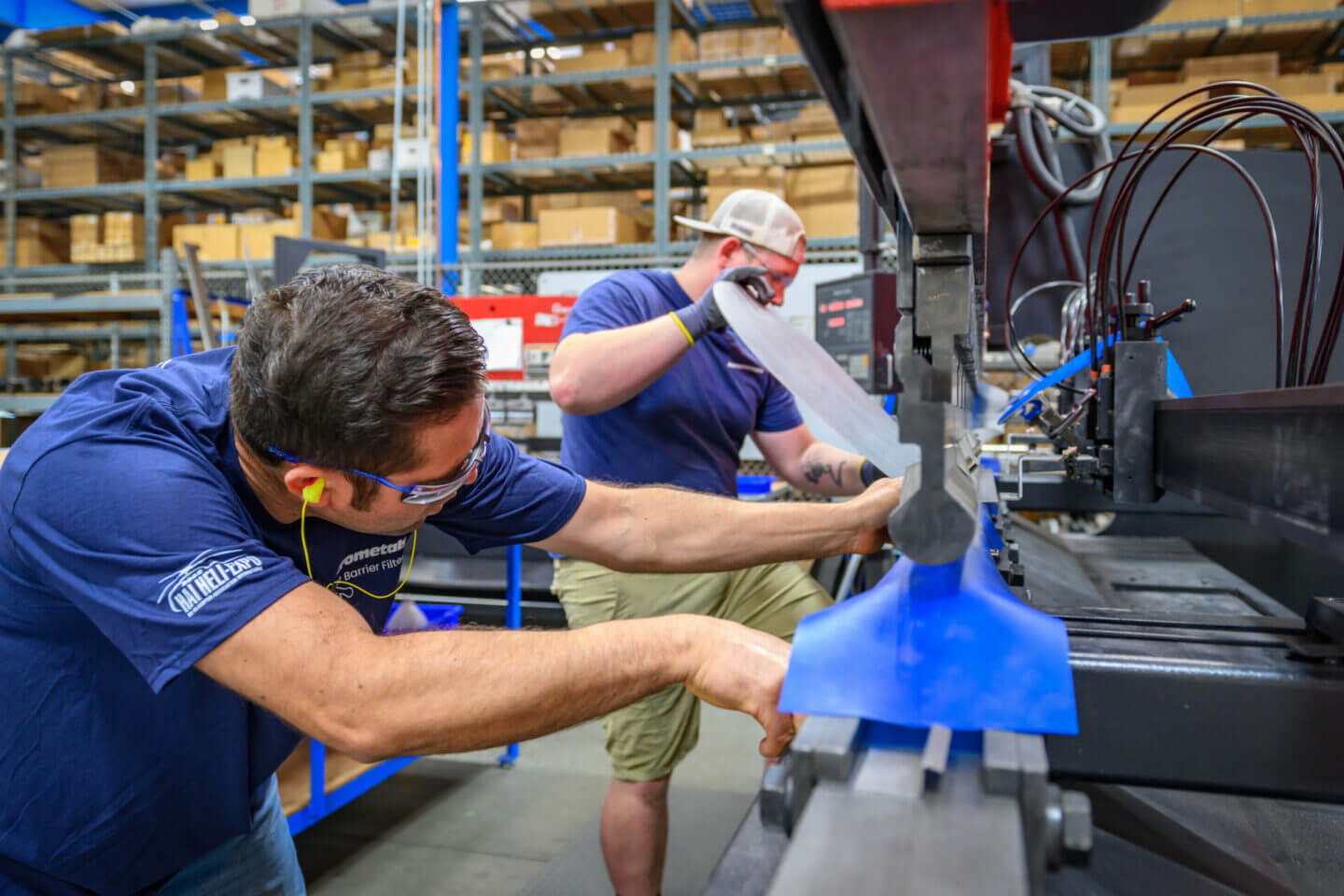
By: Jen BoyerPosted on: May 7, 2024
It’s no secret. Helicopter ownership and operation is an expensive endeavor. From the purchase cost, loan/lease payments, and insurance, to maintenance, hangar space, and fuel, the expenses add up quickly. It can be tempting to look for ways to cut costs.
One area where many people look to save money is parts procurement. A new part from the OEM can cost so much more than a slightly used part. Why not purchase that less expensive used part? It still has time on it so it should be fine, right?
Maybe.
“There is a rash of counterfeit parts coming out of Central and South America,” noted Six, one of two maintenance professionals who make up the crew of the Cancelled for Maintenance Podcast on Apple Podcasts. “They were taking high time and timed out parts that had been installed on N-numbered aircraft in the U.S., and even Canadian registered aircraft, [then] cleaning them up a bit or maybe changing a couple of O-rings to make [a part] look newer, put a new parts tag on it to claim it was zero time, and sell it. Mostly they went to vendors in Europe, but some did make their way into the U.S. and Canada despite our robust counterfeit prevention programs.”
These parts are failing much sooner than they would have had they been new. Best case scenario: you need a new part. Worst case: the part’s failure creates expensive damage to the helicopter and, in some cases, causes a fatal accident.
Avoiding the counterfeit pitfall
OEM parts are certainly the best bet for avoiding this scenario, Six emphasized, but there is another source: parts manufacturer approval, or PMA. This is a combined design and production approval for modification and replacement parts. Manufacturing companies receive this approval after a rigorous application process with the FAA. Issuance of a PMA allows the company to produce and sell these parts for installation on type certificated aircraft.
“There are PMA parts now that are just as good if not better than OEM parts,” said Mark Tyler, vice president and general manager of Precision Aircraft Services (PAS), and a 44-year maintenance veteran in Georgia. “I will put whatever part the customer wants on the aircraft, as long as it has an 8130 FAA authorized release certificate.”
The 8130, also known in the industry as an airworthiness approval tag, confirms the part conforms to its design and is in condition for safe operation. Tyler warns, however, that the installer is still the final authority, so helicopter owners and operators should insist a part be inspected in-house again and its origins double checked before installation.
“I had a mentor who worked on Bell helicopters and he used to say, ‘Just because it came from Bell doesn’t mean it came from heaven,’” Tyler said. “That goes for every OEM, PMA, or any other part you may find. I’ve had customers bring me parts bought somewhere with no paperwork, so we scrapped them. We’ve done that several times with customers looking to save a buck and buying parts out of the back of somebody’s car. We won’t use them. Your installer is your last defense against these dangerous parts.”
The good news is the FAA has gone to great lengths to help owners, operators, and maintenance professionals verify a part’s approval status for installation in several ways. One is through the FAA’s PMA certification database, which lists all FAA-approved suppliers of specific parts. The FAA also maintains an extensive Suspect Unapproved Parts (SUP) list, which flags suppliers with a history of counterfeit parts.
When it comes to used parts, whether overhauled or those with time left before life limit, Six also recommends owners, operators, and maintenance shops take the time to ensure all documentation is present and complete. Incomplete records are a red flag.
“Definitely be careful where you’re sourcing your parts from,” added MBP, the second maintenance professional from the Cancelled for Maintenance Podcast. “Other reputable suppliers, and even your competitors, will tell you who the reputable suppliers of the part you’re looking for are. Also, you as the buyer are well within your right to go in and audit a supplier, to do an inspection. You can even hire an auditing company to audit them.
“I see it this way: you either pay for it now, or you’ll pay for it later.”
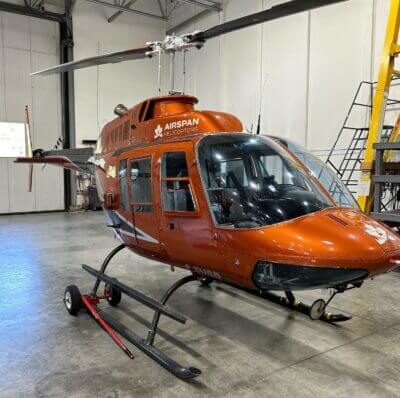
Bell 206B
USD $ 465,000
Year: 1972

Airbus H145
Contact seller for price
Year: 2018

Bell 412EP
Contact seller for price
Year: 1995

Airbus H155
USD $ 4,500,000
Year: 2004

Robinson R44 Raven I
USD $ 485,000
Year: 2022
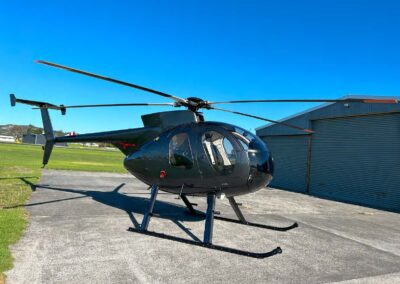
MD Helicopters MD500D
USD $ 895,000
Year: 1979
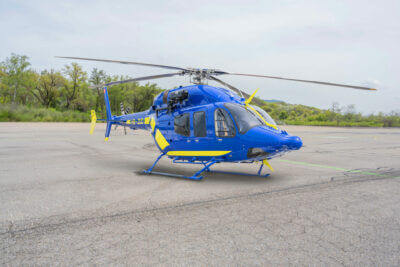
Bell 429
Contact seller for price
Year: 2011
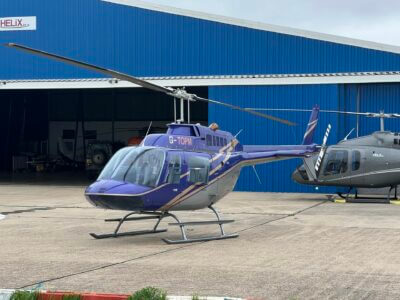
Bell 206B3
GBP £ 550,000
Year: 1991

Airbus EC225
Contact seller for price
Year: 2010

Airbus EC120
Contact seller for price
Year: 2001







